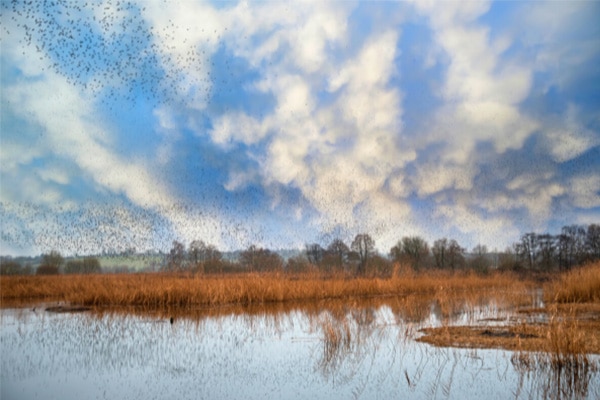
Shooting’s pivotal role in the Landscape Recovery Schemes
Shooting brings extensive benefits for nature recovery, and has a key role to play in the Landscape Recovery schemes.
Get information on the legal shooting season for mammals and birds in the UK.
Apply for funding for your project or make a donation today
Comprehensive information and advice from our specialist firearms team.
Everything you need to know about shotgun, rifle and airgun ammunition.
Find our up-to-date information, advice and links to government resources.
Everything you need to know on firearms law and licensing.
All the latest news and advice on general licences and how they affect you.
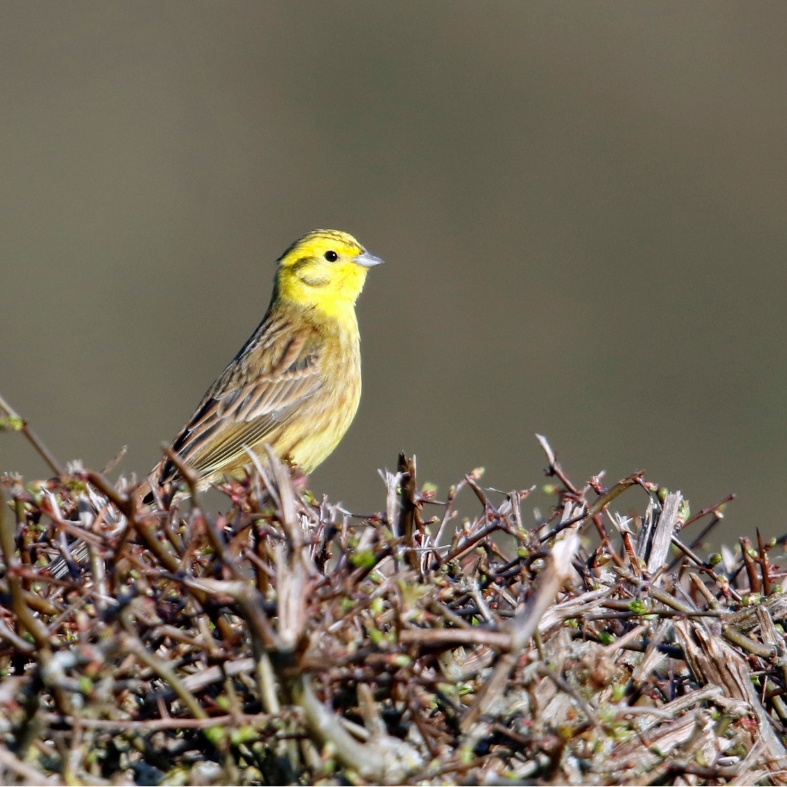

Earlier this month, Defra updated its position on protecting 30 per cent of land for nature in England by 2030, and it turns out, they need shooting. Ian Danby explains.
Protecting nature sounds great as a soundbite, but in practice it takes time, effort, money and determination to see it through in the long-term. That means you really want to do it and shooting is one such driver when landowners and farmers are deciding how and what they are managing their land for.
The 30by30 commitment as its known, is a requirement under the UK’s commitment the UN Convention on Biological Diversity. The latter represents the longstanding recognition and commitment of the best part of 200 countries to halt the loss of biodiversity and see nature recover and thrive. The convention has regular meetings – called the Conference of the Parties (COP) – and the 30by30 target was signed off it its 15th meeting in Glasgow 2022.
The 16th meeting in Columbia has just finished and provides additional urgency to hit this and other targets in the global biodiversity framework, especially securing investment in nature recovery from businesses.
At the coalface, BASC has been a member of Defra’s working group on the issue; the only shooting organisation to be so. The group aims to establish the criteria and processes needed to recognise which parts of England are meeting the 30by30 commitment since it was agreed.
The announcement of Defra’s updated position takes the overall shape we were expecting. That is: a. one of the purposes of land management must be nature recovery; b. the governance of the land must include protection for it to be managed in the long term for nature (20yrs plus); and c. that a suitable management and monitoring plan is in place.
It was pleasing to see in the announcement recognition of the key blockers for landowners in choosing to put their land forward to be part of 30by30. Namely, the additional costs of management and reporting, as well as the risk of land being designated with the associated restrictions applied. We and others on the working group will keep on working with Defra to find good solutions to overcome these hurdles.
However, lets take a step back. Why is BASC the only organisation promoting the role of shooting? The answer is we have the expertise and knowledge to make the case and we enjoy the support of a wide membership base who may go on to choose put their land forward for inclusion in 30by30.
Reports released by our sector this year show the high-level impact of shooting on the environment at country- scale.
The Value of Shooting report 2024 revealed that shooting in England invests £450 million of voluntary conservation work into the nature recovery every year. That is the time people give to increasing the size and quality of habitats, as well as the time spent managing species that cause problems.
BASC’s Natural Capital assessment for shooting provides a host of the monetary values to that work. The carbon saved through woodland managed for shooting is worth £135 million a year, deer and grey squirrel management being a highly important component of that. We also determined that the average game shoot is 15% wooded compared with just 10.5 per cent wooded. The government has a legal target of reaching 16.5 per cent woodland and tree cover (so any tree anywhere) by 2050. You can see that shooting is leading the charge for trees.
And its not just trees. Wetlands get a great deal of support from the shooting community. Some projects supported by the BASC Wildlife Fund provide excellent case studies for what impact shooting has for habitat and nature recovery.
Preston and District Wildfowling Association have invested in habitat creation and improvement on the Ribble Estuary marshes with the support of the BASC Wildlife Fund and Natural England. The work supports domestic nesting birds, overwintering wildfowl, water voles and otters that rely on these areas. Barton-on-Humber Wildfowlers have added to their existing wetland creation complex by reverting additional arable land to extend the wetland systems they are focussed on creating.
Not forgetting the uplands, which have huge value for nature already. Grouse moors continue their work to keep these peatlands wet, locking in their vast stores of carbon, managing the habitat mosaic so it is diverse and undertaking legal humane predator management to provide final key element to have nature-rich areas at large scale.
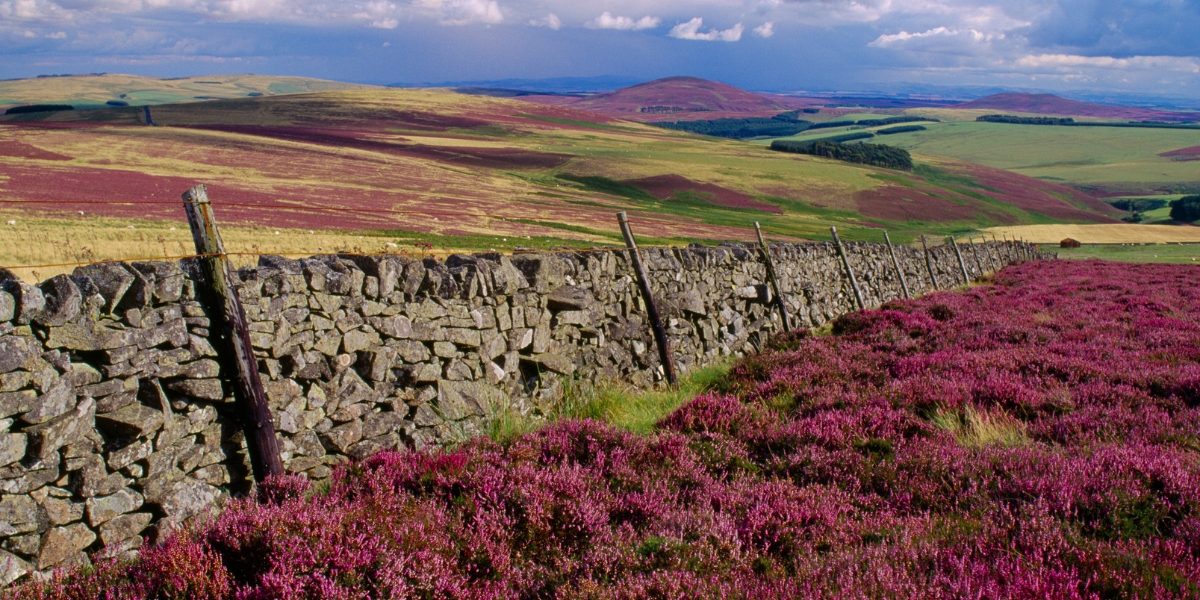
With all this value, there is no way 30by30 cannot include land for shooting. In fact, it cannot afford not to.
Defra will work with partners, including BASC, to pilot the criteria and processes on actual sites to refine it and the accompanying guidance. The end objective is Defra, supported by Natural England, will be to offer a process landowners, charities, water companies – whoever owns or manages land – can submit land to be counted towards the target.
But why should they? Well, for some, it will simply be an extension of what their core objective of managing the land is – for example a nature reserve. For many others though it will be an acknowledgement that their style and ethics of managing land and nature is sustainable in the long term and is serving the public and nature. Shooting needs to stand up and be counted as does everyone else.
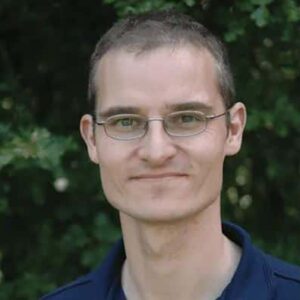

Shooting brings extensive benefits for nature recovery, and has a key role to play in the Landscape Recovery schemes.
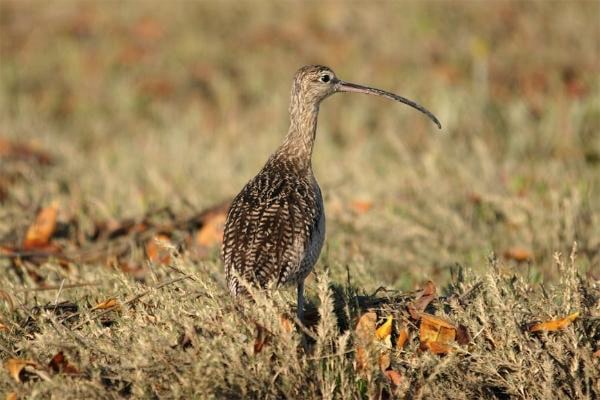
The Gylfinir Cymru partnership, involving BASC and 15 other partner organisations, has launched a 10-year plan to reverse curlew decline in Wales.

The new Natural History GCSE has the potential to engage thousands of schoolchildren each year.
Sign up to our weekly newsletter and get all the latest updates straight to your inbox.
© 2025 British Association for Shooting and Conservation. Registered Office: Marford Mill, Rossett, Wrexham, LL12 0HL – Registered Society No: 28488R. BASC is a trading name of the British Association for Shooting and Conservation Limited which is authorised and regulated by the Financial Conduct Authority (FCA) under firm reference number 311937.
BASC Direct Ltd is an Introducer Appointed Representative of Agria Pet Insurance Ltd who administer the insurance and is authorised and regulated by the Financial Conduct Authority, Financial Services Register Number 496160. Agria Pet Insurance is registered and incorporated in England and Wales with registered number 04258783. Registered office: First Floor, Blue Leanie, Walton Street, Aylesbury, Buckinghamshire, HP21 7QW. Agria insurance policies are underwritten by Agria Försäkring.
If you have any questions or complaints about your BASC membership insurance cover, please email us. More information about resolving complaints can be found on the FCA website or on the EU ODR platform.